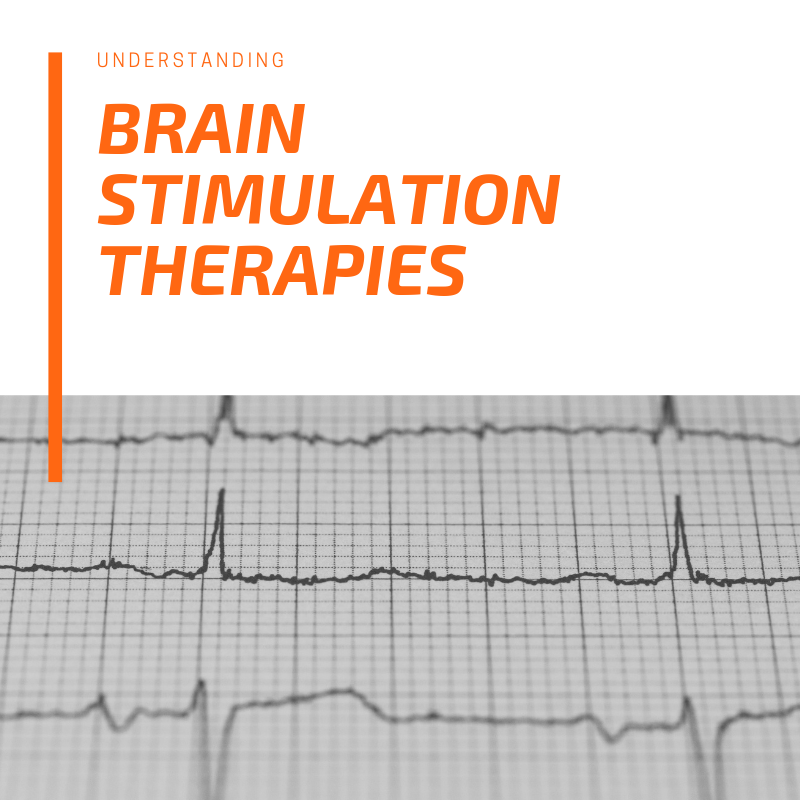
Brain Stimulation Therapies: Treatment Options for Mental Health
Over the years, the search for direct approaches to mental health disorders has been on the rise. People are leaning away from the constant barrage of medication or prospect of brain surgery in pursuit of less invasive means. Before the innovation of the last century, we didn’t have many comprehensive approaches for tackling mental health issues; this led to people performing random lobotomies on people with severe mental health disorders. Nowadays, we know a lot more about the brain and what it does; however, we are still learning new things every day. Recently, several non-invasive brain stimulation therapies, have been gaining traction due to the fact that you do not have to take any neurotransmitter altering medication or surgeries. While we are still understanding how these methods work in combating mental health disorders, there has been a lot of compelling evidence for these new treatment methods. These kinds of therapies are usually used for disorders like epilepsy or depression, and only in very severe cases.
ECT (Electroconvulsive Therapy)
ECT is what first allowed people to garner a stronger understanding of the benefits of electric therapy. This method of treatment is now much safer than it was when it was first developed and especially relevant for the third of people who find themselves with treatment-resistant depression. ECT actually has a high success rate in helping people combat depressive symptoms. During ECT treatment the patient is sedated while an anesthesiologist monitors the procedure. Electrodes are placed and then an electric current is passed through the brain.
TMS (Transcranial Magnetic Stimulation)
This form of non-invasive stimulation is a step up from ECT, because it doesn’t require any anesthesia. Instead, an electromagnetic coil is held up to a person’s head and is positioned appropriately to align to specific areas on the brain to stimulate different areas or related brain circuits. Recent research has been looking into the potential of TMS in helping those who have been diagnosed with severe depression as another alternative to ECT.
DBS (Deep Brain Stimulation)
Deep Brain Stimulation is a more direct way to stimulate the brain that was originally developed to combat Parkinson’s disease. In this procedure, an electrode is directly attached to the brain through surgery and applies direct stimulation to certain parts of the brain that show deficits. This method of treatment is also being considered for people suffering from OCD and depression.
There are many different routes to combat mental health disorders and each patient is different; therefore, it is beneficial to find a therapist and or medication that works for your specific needs and mental health. If you or someone you know is struggling with a mental health disorder, like depression or anxiety, please feel free to contact the professional team at Lifeline Connections for help. Getting yourself help, whether it is through self-help or by reaching out to professionals is an important part of recognizing that you are struggling and is a good step forward to get the help that you need. You can visit Lifelineconnections.org or call 360.397.8246 for more information.
